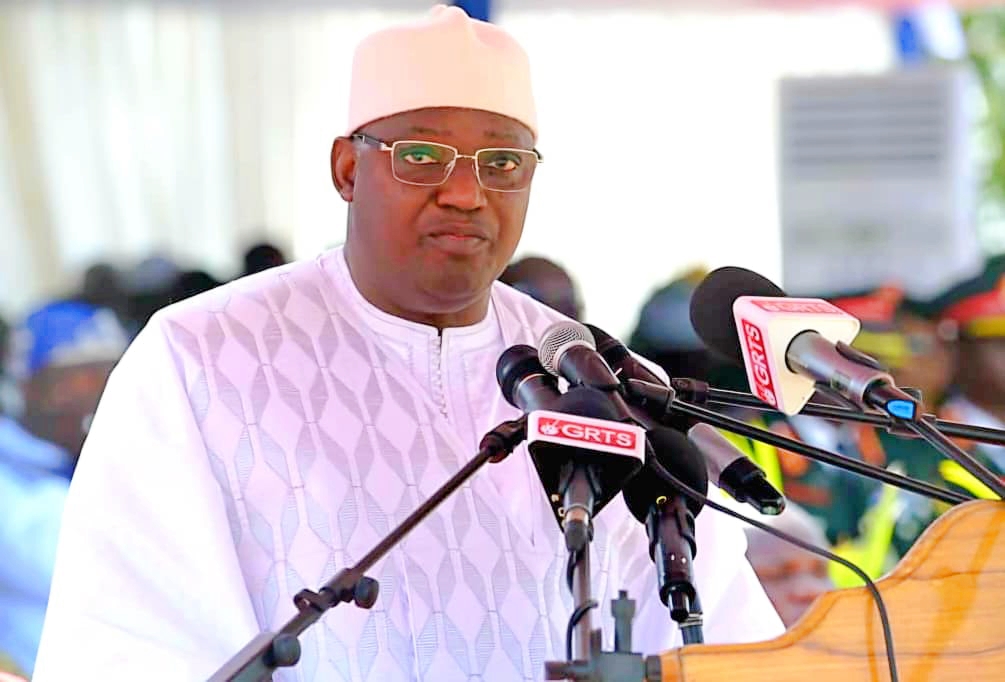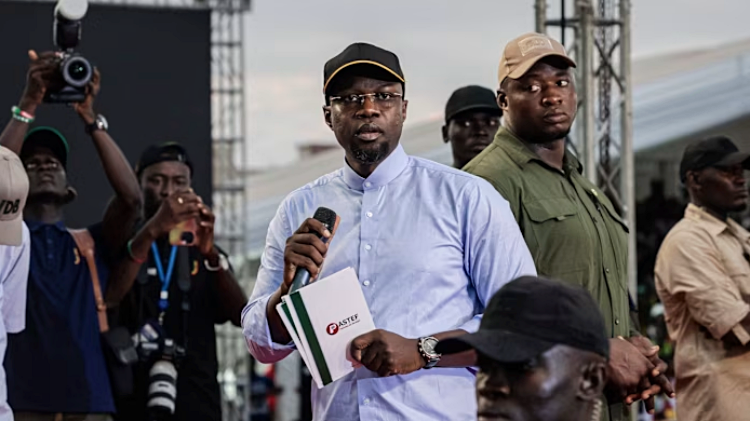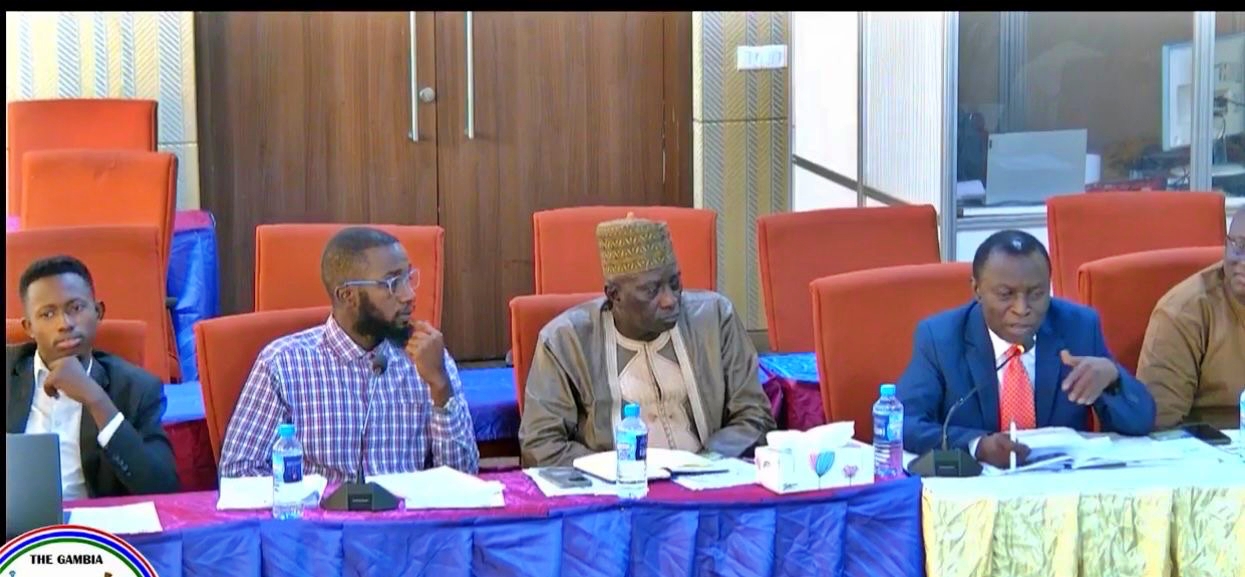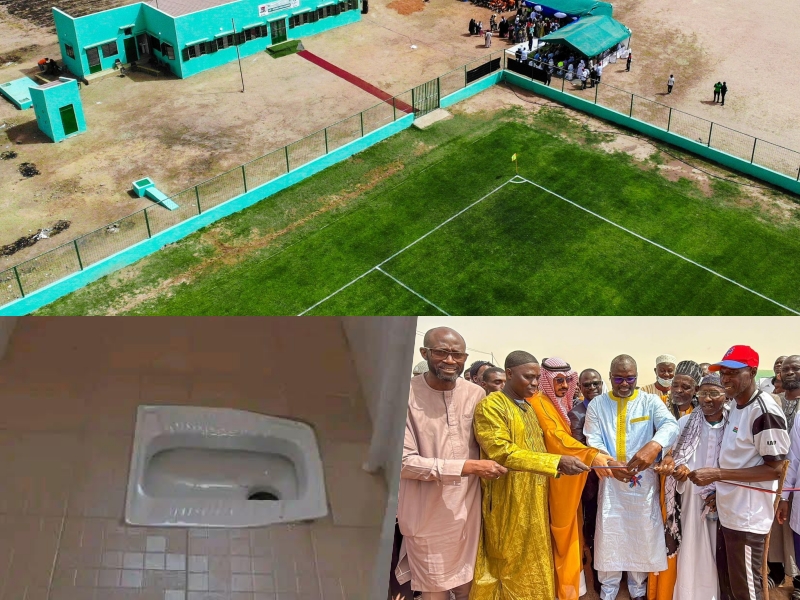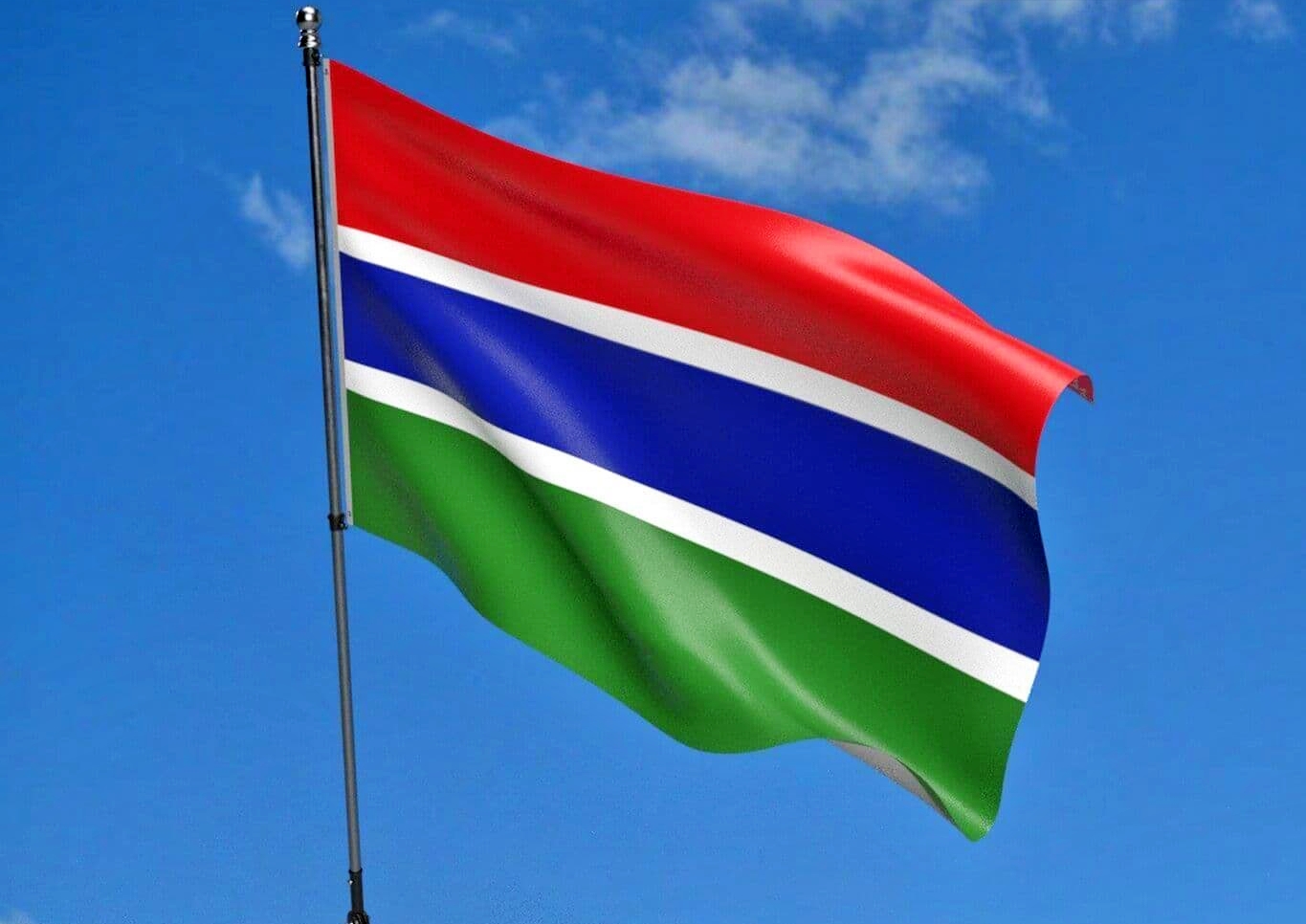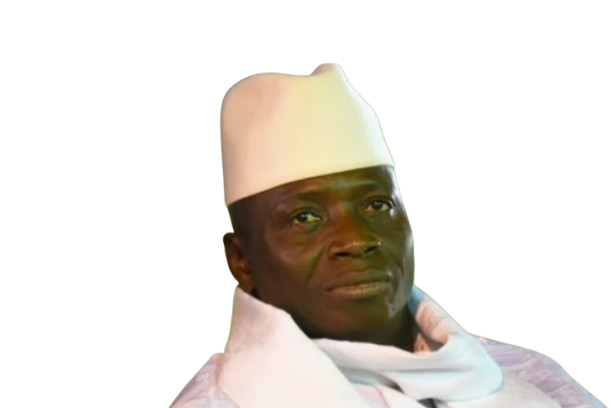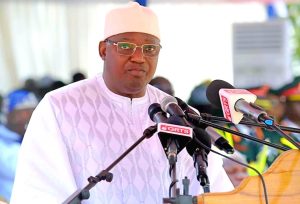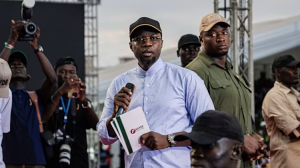Gambiaj.com – (Banjul, The Gambia) – In a familiar display of autocratic control from exile, former President Yahya Jammeh has ordered the dismissal of Mrs. Fatou Mama Sonko, the National Women Mobilizer of the renegade Alliance for Patriotic Reorientation and Construction (APRC).
The decision, announced via a press release on July 28, marks yet another episode in a pattern of internal purges that has come to define Jammeh’s estranged relationship with the political establishment he once ruled unchallenged.
Mrs. Sonko’s dismissal comes without any explanation—typical of how Jammeh continues to exert control over what remains of the APRC, despite living in exile in Equatorial Guinea since his dramatic ousting in 2017.
It is the latest in a string of political executions that have seen some of the party’s most steadfast and visible loyalists—those who stood by the APRC when the party was at its most vilified—unceremoniously cast aside.
Over the past year alone, key figures such as Fabakary Tombong Jatta and Dodou Jah, who helped steer the party through post-2016 political storms, have been publicly disavowed or sidelined by Jammeh.
The very individuals who remained loyal during the darkest days—when the Truth, Reconciliation, and Reparations Commission (TRRC) was exposing Jammeh’s crimes and most Gambians were calling for justice—are now the ones being purged.
The rise of the so-called “APRC No Alliance” faction, which claims direct allegiance to Jammeh and rejects any partnership with President Barrow’s National People’s Party (NPP), has only deepened the internal divisions.
Jammeh has used this faction to isolate and punish those who supported the controversial 2021 alliance between the APRC mainstream and Barrow’s party—a move that many believed was a pragmatic strategy to regain political relevance but which Jammeh saw as betrayal.
Many people in The Gambia now believe these moves speak volumes about Jammeh’s current political relevance—or lack thereof. His continued interference from exile has turned the APRC into a fractured shell of its former self, riddled with infighting, factionalism, and a leadership vacuum.
With national elections looming in 2026, the party is nowhere near the powerhouse that once ruled The Gambia with an iron fist.
Instead, what remains of the APRC has become more of a symbolic vessel for Jammeh’s cult of personality than a functioning political institution.
The internal purges have driven away potential allies and demoralized remaining supporters. Younger voters, many of whom only know Jammeh as a figure of authoritarianism and excess, have little interest in a party that seems fixated on the past.
By continuing to expel veteran loyalists like Mrs. Sonko—without due process or public justification—Jammeh is not just dismantling what remains of the APRC’s credibility; he is isolating himself from the very people who once formed the backbone of his political survival.
As it stands, the Jammeh APRC today is a party with no clear future, no national influence, and no real path back to relevance.
It remains a relic of a bygone era, haunted by its founder’s shadow and stuck in an endless cycle of internal sabotage. Yahya Jammeh may still pull the strings from afar, but those strings are increasingly frayed—and so is the political project that once bore his name.



